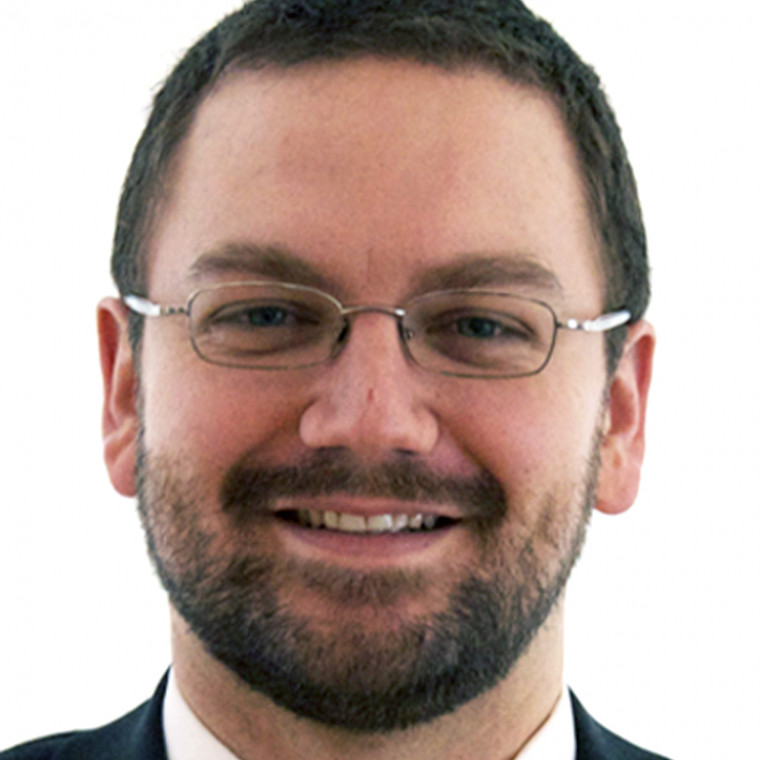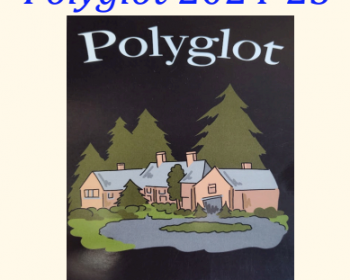Beau Barnes ’06 uses his International Affairs major in the United States District Court
Open gallery

Although he is now serving as a Law Clerk for the United States District Court, Beau Barnes ’06 describes the path to his dream job as being far from “linear.” The Career Development Center recently caught up with Beau to learn more about his journey from Lewis & Clark to the world of law.
Career Development Center: We understand that you recently started working as a law clerk for the United States District Court for the District of Massachusetts. Congratulations! Can you describe a typical workday?
Beau Barnes: As a law clerk, I work directly for a federal judge. My days vary a lot depending on whether we’re conducting a trial, but the one common denominator is reading, writing, and critical thinking. When we’re in a trial, I make sure the Judge is fully prepared to address any contingencies that could arise during the day, including knowing what witnesses will be called, what objections might be raised, and what legal issues might be lurking in the background. When we’re not on trial, I do a lot of reading and writing on a wide variety of legal issues, assisting the Judge in evaluating motions on everything from patent law and biotechnology contracts to money laundering conspiracies and law enforcement searches.
CDC: What inspired you to pursue a career in law?
Beau: I’ve always been fascinated by the law. It’s incredibly opaque but also extremely powerful, an important tool that, unfortunately, few people get to use. But you can see its impact all around us. Plastic toys have warnings because lawyers have fought for the codification of negligence rules to hold manufacturers accountable. Almost every person over age ten can recite the elements of a Miranda warning because the Supreme Court decided a case almost fifty years ago based on two separate constitutional provisions written in 1789. I think it’s fascinating that changes happened because certain individuals were able to convince other individuals that their causes were correct under our laws. That’s pretty powerful stuff and I wanted to be part of it.
CDC: How has your liberal arts education prepared you for life beyond college?
Beau: It’s a cliché, but a liberal arts education prepares you to think critically about whatever you’re dealing with. I gained a lot of important substantive knowledge in my four years, even though I don’t really apply the lessons of 19th-century German literature and international relations theory in my day-to-day work. I do, however, face a lot of complex problems without easy answers, and being able to think in different ways about these issues makes me better at my job.
CDC: What roadblocks, if any, did you encounter along the way? Who served as your support?
Beau: You won’t always get your dream job immediately – I certainly didn’t. And for that matter, the job you get might not even be anywhere near the field you picture yourself in – my first job after receiving a BA in International Affairs and Foreign Languages was as a carpenter’s assistant helping remodel an old Chinese restaurant. In fact, I spent quite a fair amount of time working in jobs that didn’t fit on any linear path to where I am today, and it’s hard in those circumstances not to get discouraged about your future prospects. But it’s important to remember that these hiccups have happened to everyone who’s ever gone on to do something interesting. It made all the difference to me to be able to talk to others who were further along in their careers. I was (and still am) consistently surprised by the willingness of busy, accomplished people to take a few minutes to chat with me – you just have to ask politely.
CDC: What would you tell students, if anything, about the Career Development Center?
Beau: I was quite a regular in the Career Development Office during my time at Lewis & Clark. I received a lot of help from the office getting internships and pursuing other opportunities, but spent most of my time there as a “Career Peer Advisor.” I’m certainly a better resume-writer because of my time working in the career office, but I think the most important thing I gained was an understanding of how varied my career options were as a Lewis & Clark graduate. I’d tell students to go talk to the career office not just to make sure your cover letter conveys both your professionalism and your sincerity, but also to brainstorm potential job opportunities after college. And, go early – freshman should remember that the four years will go by very quickly….
CDC: What advice would you give current students about choosing, preparing for, and applying to graduate school?
Beau: Make sure you know why you’re applying. Graduate school (and especially law school) is a major investment, and one that can certainly go awry if you haven’t thought it through. But, there are a lot of good reasons to go to graduate school or law school (or both, like me). My graduate degrees – and all of the student loans that came with them – turned out to be a great investment because they’re helping me get where I want to be in my career. Also, taking time off after college is a great way to take a step back and clarify what you want to do. It worked for me and I’d recommend it to anyone considering law school or graduate school. It’s much easier to keep things in perspective after you’ve had some time away from academia.
CDC: What has surprised you most about life after college?
Beau: College was all about the big questions, but life in the working world generally revolves around much more specific tasks. Your day-to-day is trying to figure out budgets and next steps, not grand strategy. That was a big change after my senior seminar on Death and Passion in German Literature and my thesis on the ideology behind U.S. foreign aid policy.
More Career Center Stories
Career Center is located in room 270 of Fowler Student Center on the Undergraduate Campus.
MSC: 175
email careers@lclark.edu
voice 503-768-7114
Director Rocky Campbell
Career Center
Lewis & Clark
615 S. Palatine Hill Road MSC 175
Portland OR 97219

